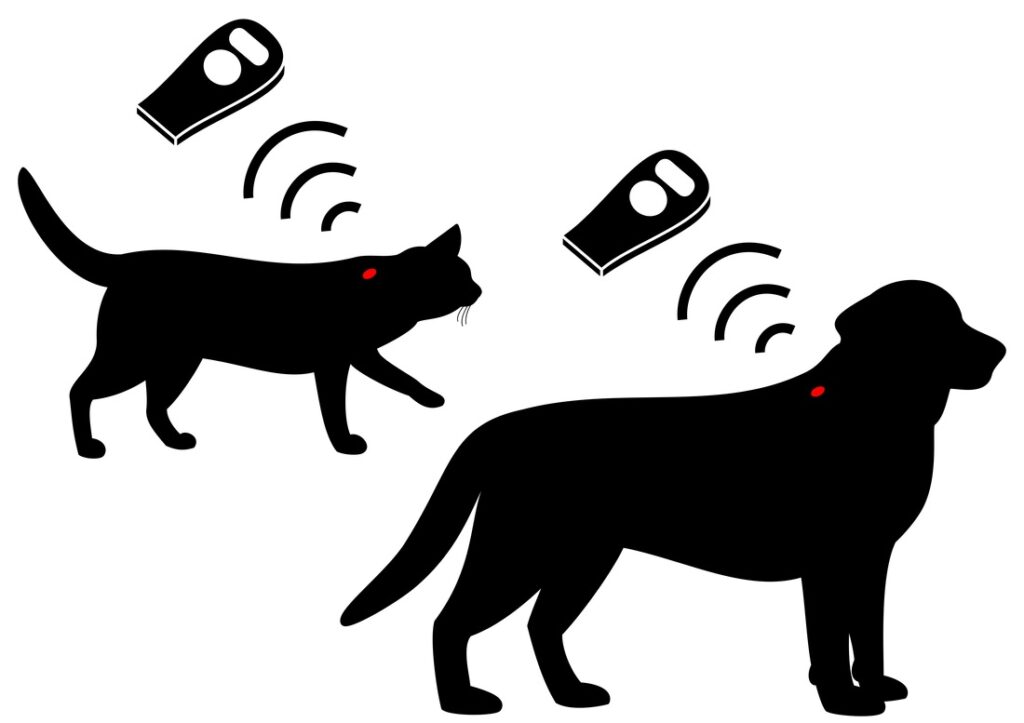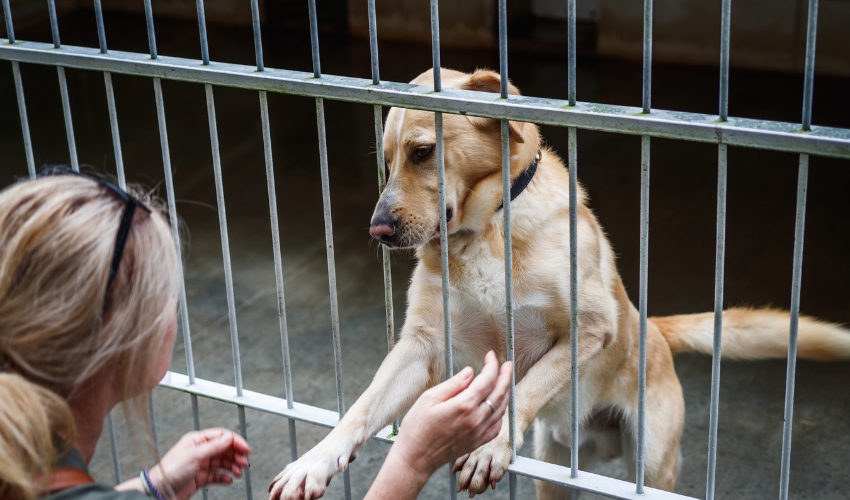The first Saturday of every April is recognized as the holiday, “Every Day is Tag Day.” This day is dedicated as a reminder of the importance of putting identification tags on your pets, whether they are indoor or outdoor animals. The holiday brings together thousands of individuals and professionals in local shelters, veterinary clinics, and humane agencies, with the hopes of educating pet owners about the benefits of tagging their pets.
Of the approximately 10 million companion animals that wander away from home each year, about 6-8 million of them end up in the shelter system. Only 15 percent of the dogs and 2 percent of the cats in U.S. shelters without some form of ID are ever reunited with their adoptive families. By celebrating “Every Day is Tag Day”, we can help combat these statistics.
ID tags have long been used as a method for finding missing pets, and in recent years, there has been a rise in the popularity of micro-chipping. A microchip implant is an identifying integrated circuit that is about the size of a large grain of rice. It u ses passive Radio Frequency Identification technology, and is also known as a PIT tag (for Passive Integrated Transponder). The microchip consists of a small electronic capsule containing an owner’s contact information and other important information about the lost animal, which is then embedded underneath the animals’ skin. In dogs and cats, chips are usually inserted below the skin at the back of the neck between the shoulder blades on the back mid-line. Thin layers of connective tissue then form around the implant to hold it in place.
ses passive Radio Frequency Identification technology, and is also known as a PIT tag (for Passive Integrated Transponder). The microchip consists of a small electronic capsule containing an owner’s contact information and other important information about the lost animal, which is then embedded underneath the animals’ skin. In dogs and cats, chips are usually inserted below the skin at the back of the neck between the shoulder blades on the back mid-line. Thin layers of connective tissue then form around the implant to hold it in place.
Many veterinarians and animal shelters implant a microchip in all pets that they place. Animal shelters and veterinarians also routinely look for microchips upon intake to return lost pets quickly to their owners, avoiding expenses for housing, food, medical care, out-placing, and euthanasia. Microchips are voluntary in the United States, however they can ensure that your canine or cat companion will have updated addresses and phone numbers, along with vaccination and medical records. Even if your four-legged companion lives indoors, it is important to give them a tag as well because many animals in shelters across America are lost indoor pets.
Microchips also have other functions that can be useful for your pet. Some microchips can activate some pet doors programmed to recognize specific animals. This deters robbers and other animals from getting in through the door.

Here are some common FAQs:
Q: Will the microchip implant process hurt my pet?
A: The process will not be any more painful than a typical vaccination. Micro-chipping does not require anesthetic, takes only a few seconds, and your pet will not react any more than it would to a vaccination.
Q: Does the microchip have a GPS?
A: In short, no. Microchips are not tracking devices and do not work like a GPS. They are radio-frequency identification implants and only contain information. Due to the fact that they are not like a GPS, the microchip does not require a power source, and it obtains enough power when the scanner is passed over the chip. Since there is nothing to be charged or replaced, it will last an animal’s lifetime.
Q: How much will it cost?
A: The average cost to have a microchip implanted by a veterinarian is around $45. If the animal is adopted from a shelter, it may already have one and it would be ideal to have your pet scanned the next time you visit a vet to register it.











